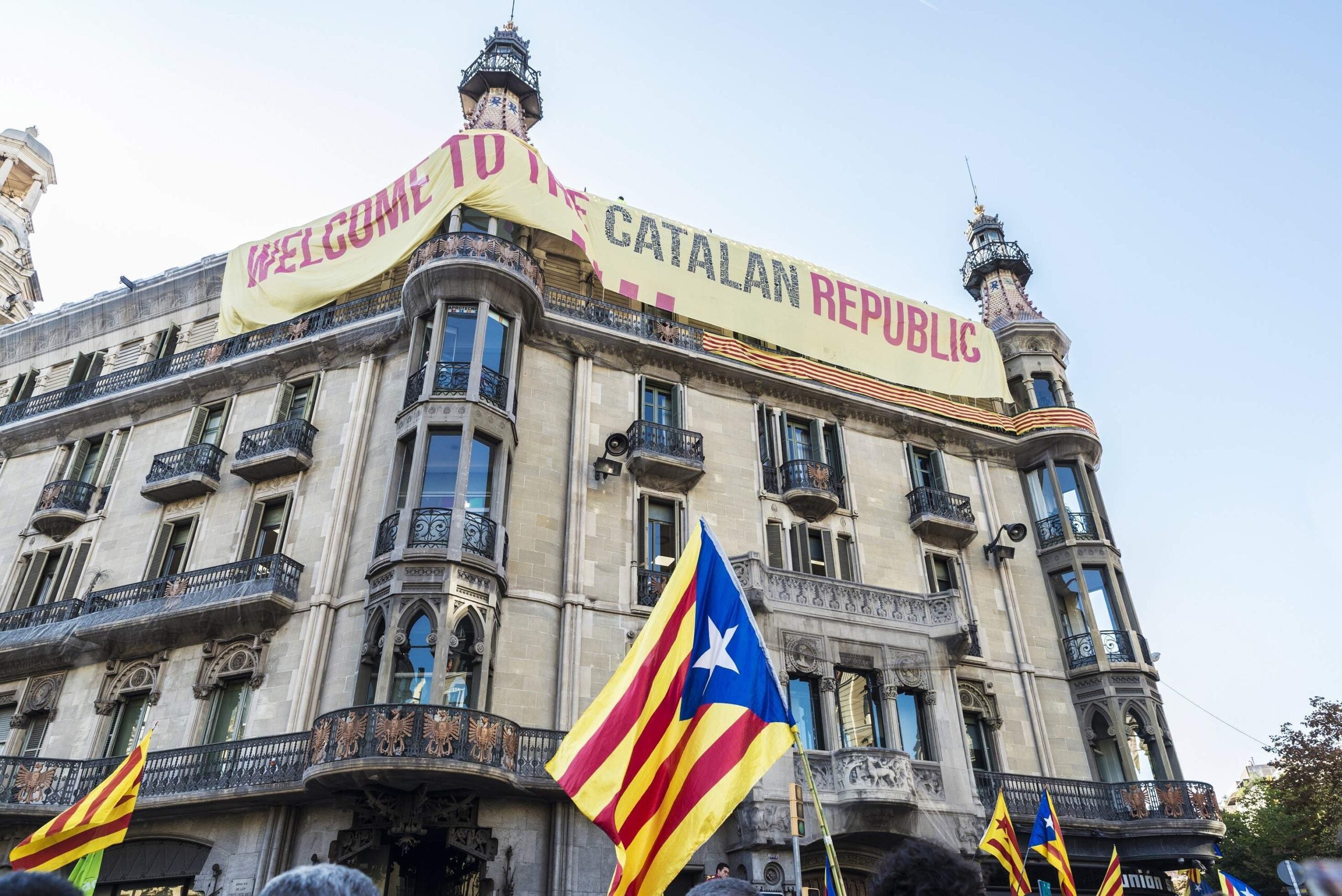
Spanish bonds have fallen after the region of Catalonia voted to become an independent state yesterday.
Benchmark bonds in the country fell to the lowest in almost three months.
John Davies, a strategist at Standard Chartered, told Bloomberg:
“I suspect that the market will need to see continued news flow suggesting deteriorating political stability in order for Spanish government bonds to suffer sustained selling pressure.”
As well, S&P reported that a further escalation in tensions could negatively impact Spain’s economic growth.
What was the Catalonian referendum about?
This is not the first independence vote for the state of Catalonia. It has wanted to separate from Spain for a while and was set to hold a referendum back in 2014, however it was blocked by Spain’s constitutional court.
How well do you really know your competitors?
Access the most comprehensive Company Profiles on the market, powered by GlobalData. Save hours of research. Gain competitive edge.

Thank you!
Your download email will arrive shortly
Not ready to buy yet? Download a free sample
We are confident about the unique quality of our Company Profiles. However, we want you to make the most beneficial decision for your business, so we offer a free sample that you can download by submitting the below form
By GlobalDataIn an informal vote at the time, 80 percent of Catalonians said they would vote yes for independence.
Sunday’s vote was again blocked by the constitutional court, however, it went ahead anyway. The turnout was 42.3 percent, with 90 percent voting in favour of independence.
However, more than 750,000 votes could not be counted as polling stations were closed and urns were confiscated as the police tried to block voting. It is thought that over 800 people were injured in police clashes.
The region accounts for a fifth of Spain’s economy.
What will happen next?
The Catalan leader, Carles Puigdemont, has said the region has won the right to statehood.
However, Spain’s government doesn’t seem to think so.
The country’s prime minister, Mariano Rajoy, has said Catalonian citizens were fooled into taking part in an illegal vote.
“At this hour I can tell you in the strongest terms what you already know and what we have seen throughout this day. There has not been a referendum on self-determination in Catalonia” said Rajoy.
There could be a region-wide strike on Tuesday by trade unions and Catalan associations in defiance of this denial of their “rights and freedoms”.







